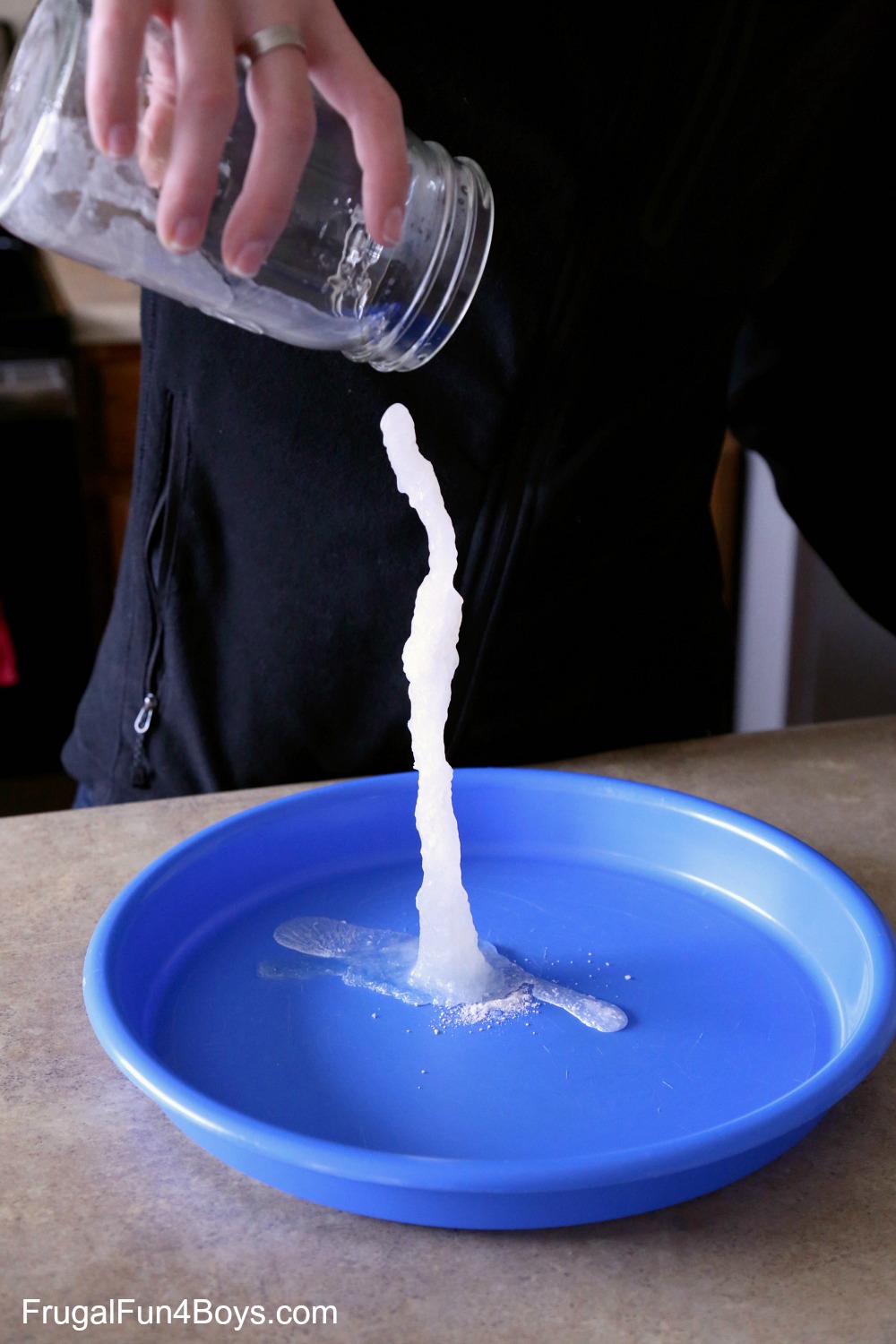Unlocking Science Magic: Simple Water Experiments for Kids
Have you ever watched a child's eyes light up with wonder at the sight of a simple bubble or a rainbow forming in a spray of water? Children are natural explorers, and their curiosity about the world around them is a powerful tool for learning. One of the best ways to nurture this innate curiosity is through hands-on activities, and what better medium than water? Water, a substance so familiar to us, holds a world of scientific secrets waiting to be discovered through easy and engaging experiments designed for young minds.
Water play is more than just splashing around; it's a gateway to scientific thinking. From observing the properties of water to understanding concepts like buoyancy, density, and the water cycle, these explorations lay the foundation for a lifelong love of science. While the exact origin of using water experiments as an educational tool might be lost to the mists of time, their importance remains undeniable. They provide a tangible, interactive way for kids to grasp abstract scientific principles, making learning fun and memorable.
One of the main issues surrounding science education for kids is often the lack of hands-on engagement. Traditional textbook learning can be dry and uninspiring, leading to disinterest and a disconnect from the subject matter. Water experiments, however, bridge this gap by providing a tangible, interactive, and multi-sensory learning experience. By physically manipulating water, observing its behavior under different conditions, and drawing conclusions from their observations, children develop critical thinking skills, problem-solving abilities, and a deeper understanding of scientific concepts.
Let's take the example of a simple experiment demonstrating buoyancy. By gathering objects from around the house – a cork, a spoon, a small toy – and placing them in a basin of water, children can observe which objects float and which sink. This simple activity introduces the concept of density in a visually engaging way. They learn that objects less dense than water will float, while denser objects will sink. This understanding can be further reinforced by asking them to predict whether other objects, like a piece of fruit or a toy car, will float or sink based on their observations.
The beauty of water experiments for kids lies in their simplicity and accessibility. Most require common household items, making them affordable and convenient for parents and educators alike. Moreover, water's versatility allows for a wide range of experiments, each catering to different learning styles and age groups. Whether it's exploring the concept of surface tension with a needle floating on water or creating a miniature water cycle in a jar, there's a water experiment out there to spark the imagination of every child.
Advantages and Disadvantages of Simple Water Experiments for Kids
| Advantages | Disadvantages |
|---|---|
| Hands-on learning that engages multiple senses | Potential for messes and spills |
| Affordable and accessible, using common household items | Some experiments require adult supervision for safety |
| Versatile and adaptable to different age groups and learning styles | Limited applications for teaching concepts unrelated to water or liquids |
Five Best Practices for Implementing Water Experiments
1. Safety First: Always supervise children during water experiments, especially when using sharp objects, heat sources, or potentially harmful substances. Teach them about water safety and the importance of not ingesting any experimental materials.
2. Start Simple: Begin with experiments that are age-appropriate and easy to understand. As their comprehension grows, gradually introduce more complex concepts and procedures.
3. Encourage Exploration: Allow children the freedom to explore and experiment at their own pace. Encourage them to ask questions, make predictions, and test their hypotheses.
4. Make it Relevant: Connect the experiments to real-world phenomena and everyday experiences. This helps children understand the practical applications of scientific concepts.
5. Embrace the Mess: Water play can be messy, and that's part of the fun! Lay down towels or newspapers to protect surfaces and let children embrace the sensory experience of getting wet.
By incorporating these practices, you can create a fun, engaging, and educational experience that fosters a lifelong love of science in young minds. Water experiments are more than just fun activities; they are stepping stones to a greater understanding of the world around us.
Unleash the medieval scribe within your guide to download free old english font
Finding peace and memories navigating grand falls funeral home obituary listings
Unlocking opportunities your guide to cita para oficina de empleo madrid














